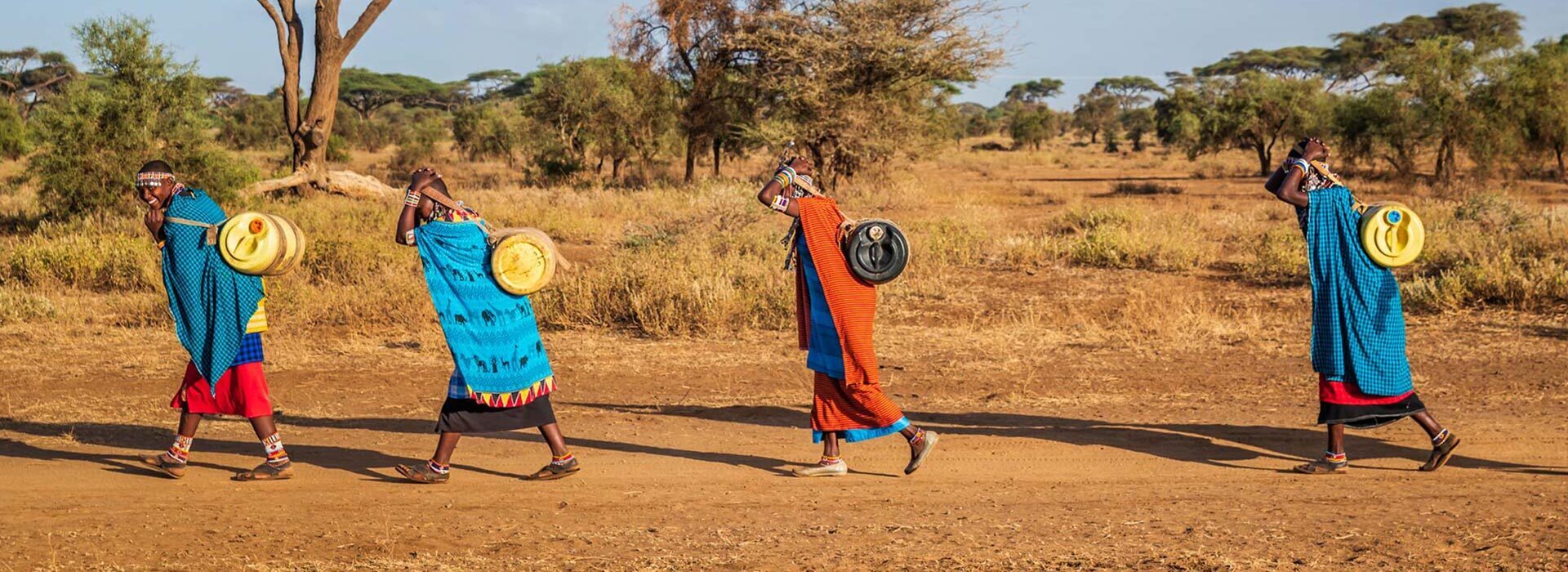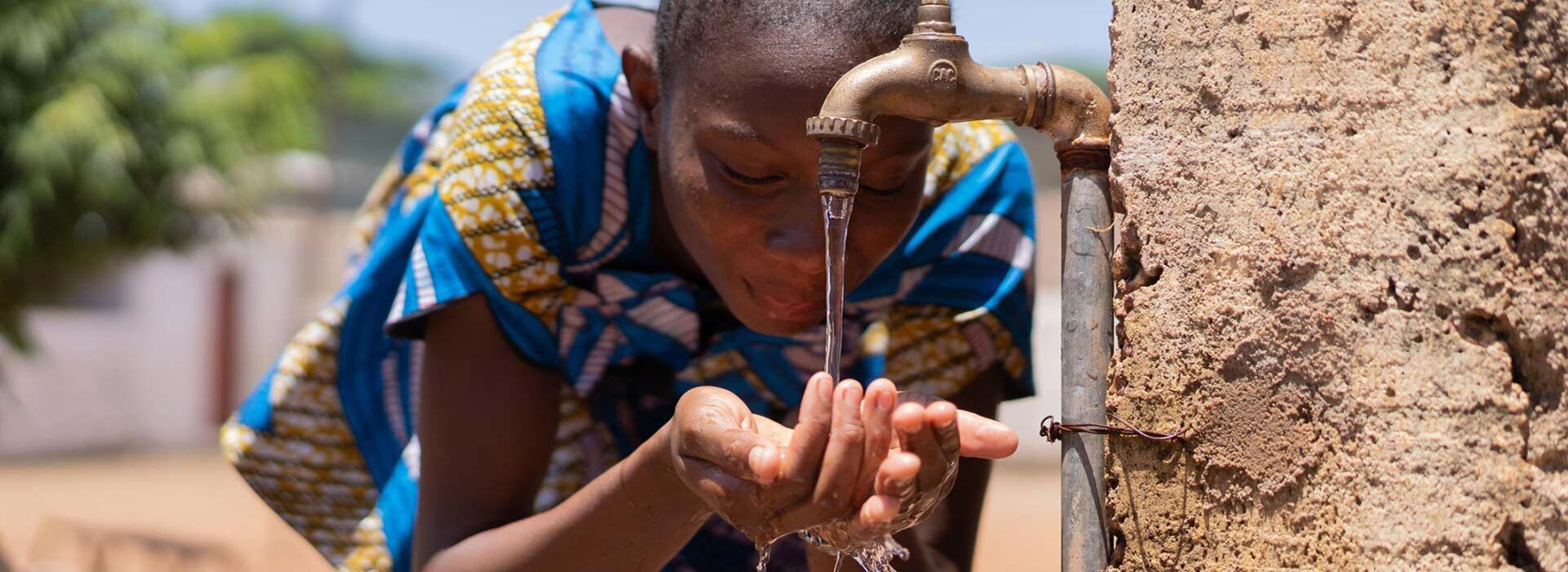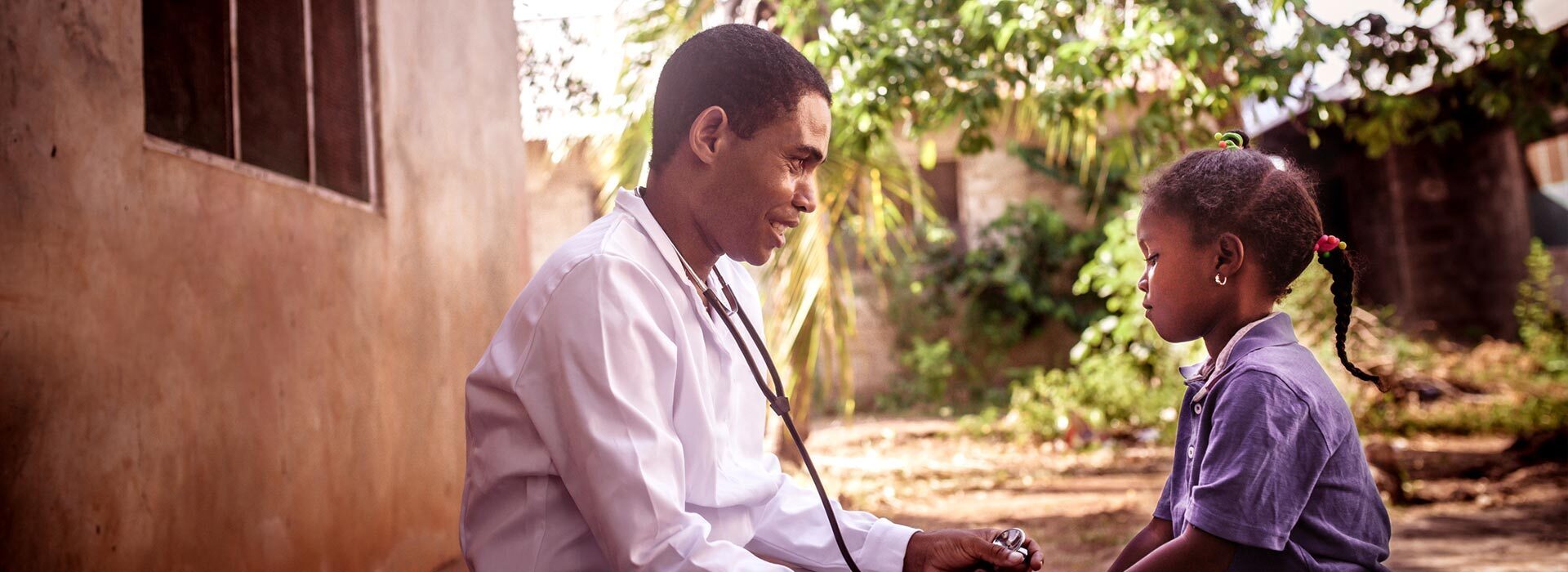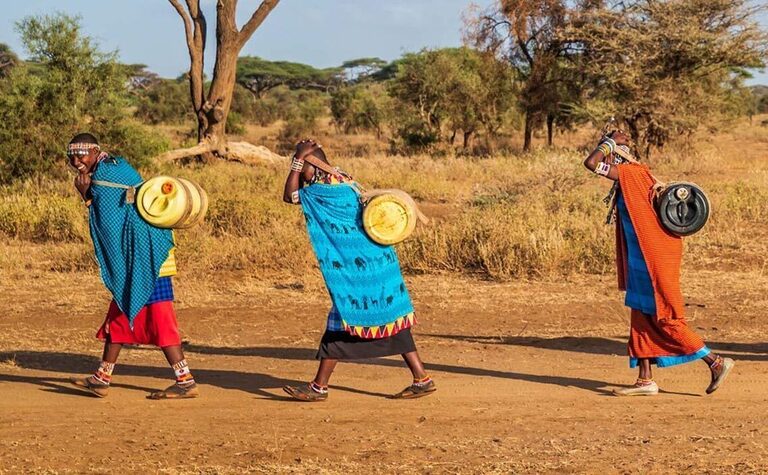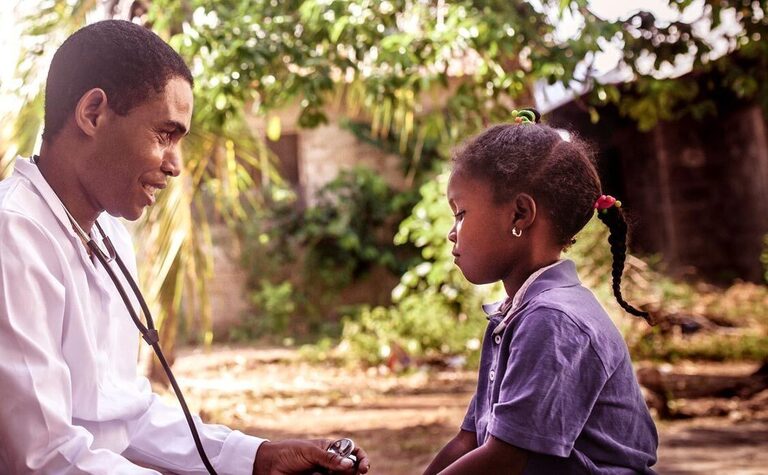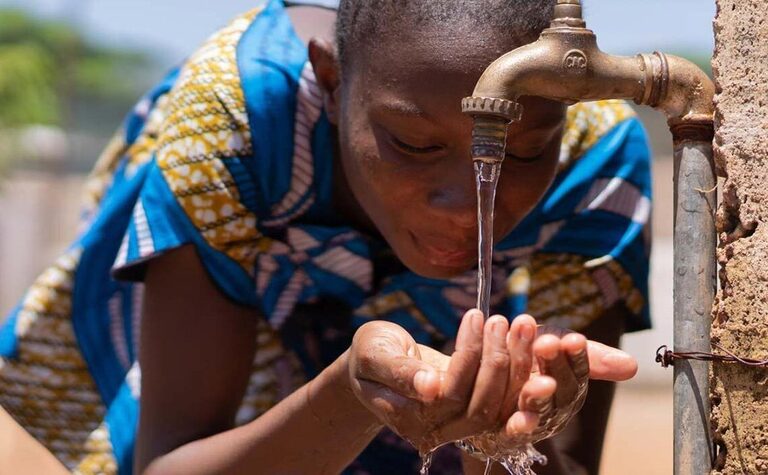protecting people and places
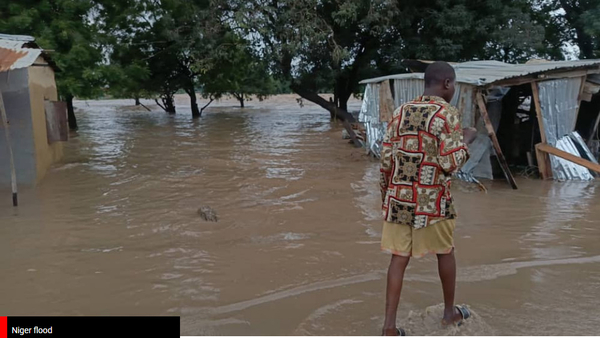
Breaking News
Wednesday 13th August 2025
Powered by The Shield Safety Foundation (TSSF)
NIGER FLOOD:
Bornu Flood: One-million persons affected, 414000 displaced
Flood victim's families hold bittersweet sallah celebrations
For hundreds of families in Mokwa, Niger State, this year’s Eid-el-Kabir brought no joy, as they could only express tears, unanswered questions, and the unbearable weight of loss.
While the world marked Sallah festivities, residents of the flood-ravaged communities continued to dig through debris, search for missing loved ones, and mourn relatives swept away by last week’s devastating flood that left nearly 200 people feared dead and over 3,000 people displaced.
Fathers, mothers and children looking for their loved ones on Friday said they had no reason to celebrate Eid Mubarak as they continued the search for their missing relatives.
The National Emergency Management Agency report of June 3, posted on its website, announced 160 dead, 3,108 people affected, 1,500 people displaced, 84 missing and 11 injured.
The Federal Government approved N2bn to rebuild the town and offered truckloads of food to provide relief for the victims.
Also, the Niger State Government promised to support displaced persons with food and other essential supplies.
However, more than a week after the flood disaster, many families said their loved ones remained missing, a development that cast a shadow of grief over the Sallah celebrations.
Delta CP laments involvement of locals in kidnapping cases, arrest 211:104574#?aid

